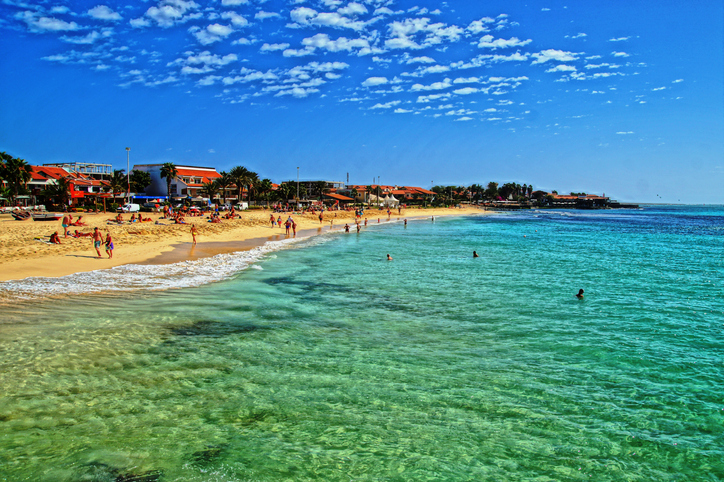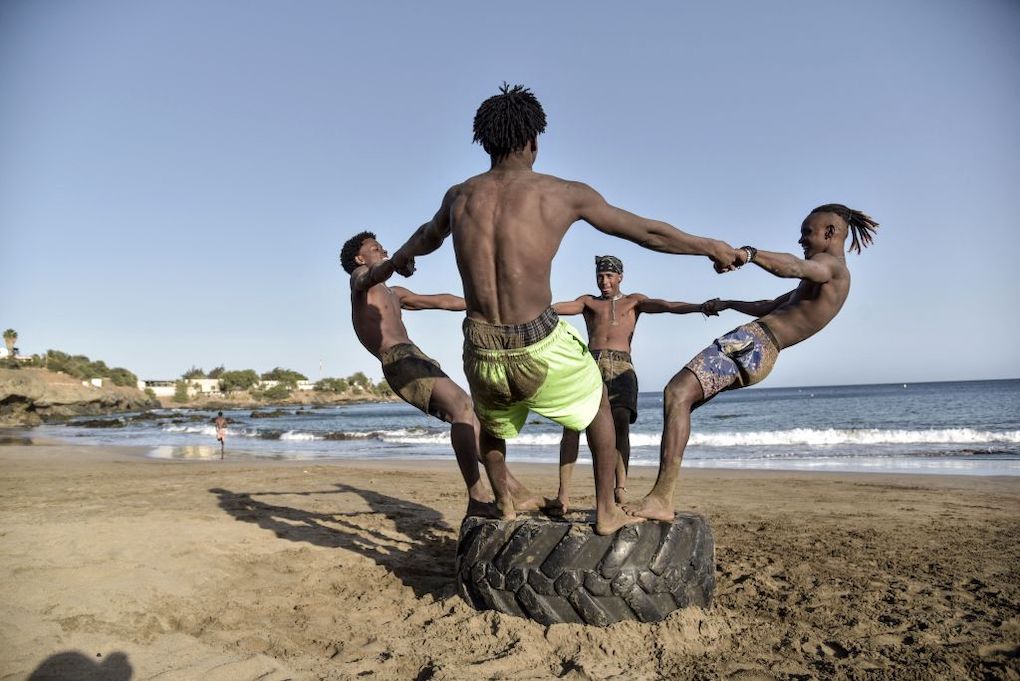July 5th is recognized as Independence Day for Cape Verde. After being colonized by Portugal from 1460 to 1975, the African archipelago has made several strides, but it also has challenges ahead.
Cape Verde is made up of a group of 10 islands in the Atlantic Ocean. Given its strategic position— linking Europe, Africa and South America— the islands served as a trading and supply post, with particular emphasis on the slave trade. Soon, the archipelago became a center of concentration and dispersion of men, plants and animals.
Eventually, free Europeans and enslaved Africans merged into a single people, Cape Verdean. Creole emerged as the language of the local people, and the mixed ethnicities helped to create a unique culture. Food and music are two things that gained a special flavor and show off the best representation of the country.
The most popular artist from the country is Cesara Évora, who is said to be the most respected African singer in the world.
Cape Verde Fighting Against Colonialism
After World War II, Africa colonies began to fight for their independence. In Cape Verde, this was no different. In 1956, Amílcar Cabral created the African Party for the Independence of Guinea and Cape Verde (PAIGC), fighting colonialism and starting a march towards independence.
Aware of the fact that fighting against colonialism was also a fight against white European racism, Cabral once said during one of his speeches:
“The colonists usually say that it was they who brought us into history: today we show that this is not so. They made us leave history, our history, to follow them, right at the back, to follow the progress of their history. In combating racism, we do not make progress if we combat the people themselves. We have to combat the causes of racism. If a bandit comes to my house and I have a gun, I cannot shoot the shadow of the bandit; I have to shoot the bandit. Many people lose energy and effort, and make sacrifices fighting shadows. We have to combat the reality of the material that produces the shadow.”

On December 19, 1974, an agreement was signed between the PAIGC and Portugal, establishing a transitional government in Cape Verde. This same government held the elections for a National Popular Assembly that on July 5, 1975, proclaimed Cape Verde’s independence.
The cultural demarcation in relation to Portugal and the dissemination of nationalist ideas led to the archipelago’s independence in July 1975.
In 1991, following the country’s first multi-party elections, a parliamentary democracy with all the institutions of a modern democracy was established decades after Cape Verde independence process.
Since then, Cape Verde has been a country with social stability and peace, but dealing to overcome social problems that affect the majority of the population.
The country has experienced some social advancements, one of them being the opening of its first public university in 2008.
However, today in Cape Verde, the emigration of its young male population is an issue.
“Freely leaving the islands of Cape Verde to go to work and live abroad is seen by Cape Verdeans as an inevitability and also as a hope to “emigrate to survive,” Pedro Gois, a professor at the University of Coimbra told Travel Noire.
For him, the continuous emigration of an important part of its population over the last century is the main singularity of the Cape Verdean people. Brazil, Portugal, USA, and now, some UAE countries are the main destinations.
From the early 2000s onwards, the tourism sector became the most important economic activity. With breathtaking landscapes, beautiful beaches and amazing local cuisine, Cape Verde attracts visitors from Europe and other parts of the world.





